When it comes to performing live electronic music, contemporary artists have more options available to them than ever before: with such a vast array of synths, samplers, sequencers and controllers available, it might seem a little uninspired, even lazy, to bring nothing but a laptop on stage.
Don’t say that to Autechre, though. In a recent interview with Metal Magazine, the revered electronic duo offered a blunt response to those who would criticise their laptop-centric performances. When asked for their thoughts on “laptop music”, Autechre’s Sean Booth said: “I’m not going to be like, ‘oh, I can’t use a laptop because some fucking weird reason’. Are you mad?
“Literally somebody’s handed you this multi-tool that you can do fucking anything with and you’re going to be like, ‘no, I want to play a keyboard because I’m a musician,'” he continued. “I’m not checking my emails on stage [laughs]. It’s just all about fucking appearances. It is just a fucking sick tool.”
Autechre are known for immersive live performances that put themselves and the audience in complete darkness, in which they improvise a continuous, hours-long set of new material, experimenting in real-time in front of their fans.
Rather than ripping synth solos or triggering pre-recorded clips in Ableton, though, the duo makes use of the visual programming language Max/MSP, which they use to design synths, sequencers and effects from scratch in code, creating complex patches that can then be utilized as instruments in their live shows.
Aside from two laptops running Max/MSP, Autechre’s minimal live set-up features nothing more than an iPad, two basic MIDI controllers and an audio recorder for capturing the performance.
In 2016, Autechre told Resident Advisor they were so immersed in Max/MSP that they hadn’t bought any new equipment in five years. “I just use Max/MSP now, because in Max I can generally build the thing I need, and if I don’t know how to do that it’ll generally be worthwhile learning,” Booth said. “So rather than spend my money on equipment, I spend my money – as time – in learning how to build stuff.”
Those who level criticisms against laptop-centred performances do so for a number of reasons – chiefly, that it gives the impression that an artist is simply hitting play on a pre-recorded set, rather than crafting the music live and on-the-fly. This is a fundamental misunderstanding, though; as Booth says, laptops are incredibly powerful tools for live performance and improvisation.
The heart of the issue, as Booth says, is all about appearances. Many of us expect a performance to feature a visual element, and watching someone stare at a laptop screen doesn’t exactly foster a meaningful connection between a performer and their audience. This has never been Autechre’s vibe, though: performing in complete darkness, they instead choose to focus the audience’s attention completely on the listening experience.
“I personally don’t like screens very much,” Booth says. “If I’m playing on stage, I don’t want a bunch of people who are just kind of looking at an object that’s over there, where that becomes the object of their attention.”
“[A screen] is flat, isn’t it?,” adds Rob Brown. “It doesn’t surround you. Music’s different because it’s everywhere. So it’s just kind of the space that you’re in. So you become enveloped by it.”
“I’m sure everyone has, at some point, closed their eyes and simply listened to music, but maybe doing it with other people is the weird bit”
“I think honestly that the brain just gives it more processing over to the audio side when there isn’t any visual information, that manifests as a kind of synaesthesia where I start to see this out,” Booth says. “I’m hoping that some members of the audience get to experience something a bit like that when they’re there.
“It’s easy for people to become attached to the two things at once, seeing and hearing. And it literally can, like you said, borrow a load of resources emotionally and mentally, metaphysically. You’re going to be transformed slightly. I’m sure everyone has, at some point, closed their eyes and simply listened to music, but maybe doing it with other people is the weird bit. 3,000 people all in the dark.”
